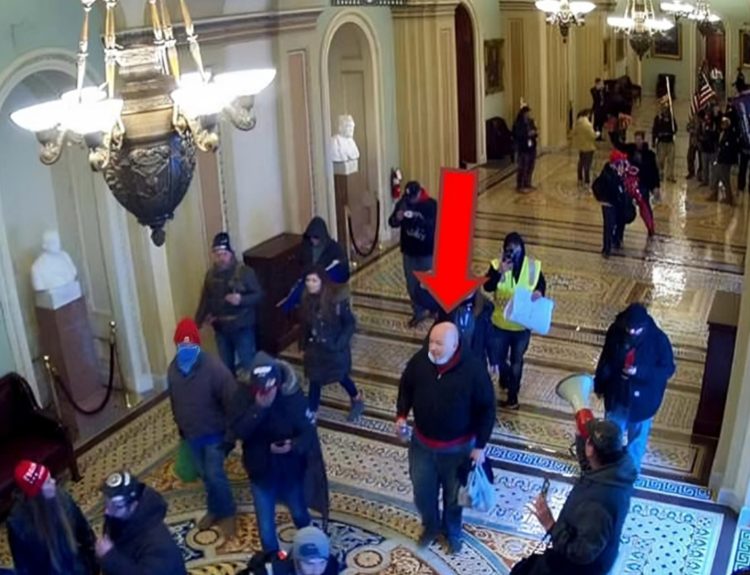Texas Lieutenant Governor Dan Patrick made dramatic claims about the situation at the U.S.-Mexico border during an appearance on Fox News recently. Speaking directly to the U.S. Supreme Court justices, Patrick described Texas as being “under attack” from illegal immigration.
He warned of “literally millions coming across the border, many armed, many criminals, terrorists” arriving by land, sea and air. Patrick called it an “invasion”, and his urgent message was timed on the day the Court was set to rule on a Texas immigration enforcement law.
A Message Across Channels About the Southern Border Crisis
Texas Lt. Gov. Dan Patrick conveyed a dramatic message about the southern border situation to the Supreme Court on Monday through various media channels.
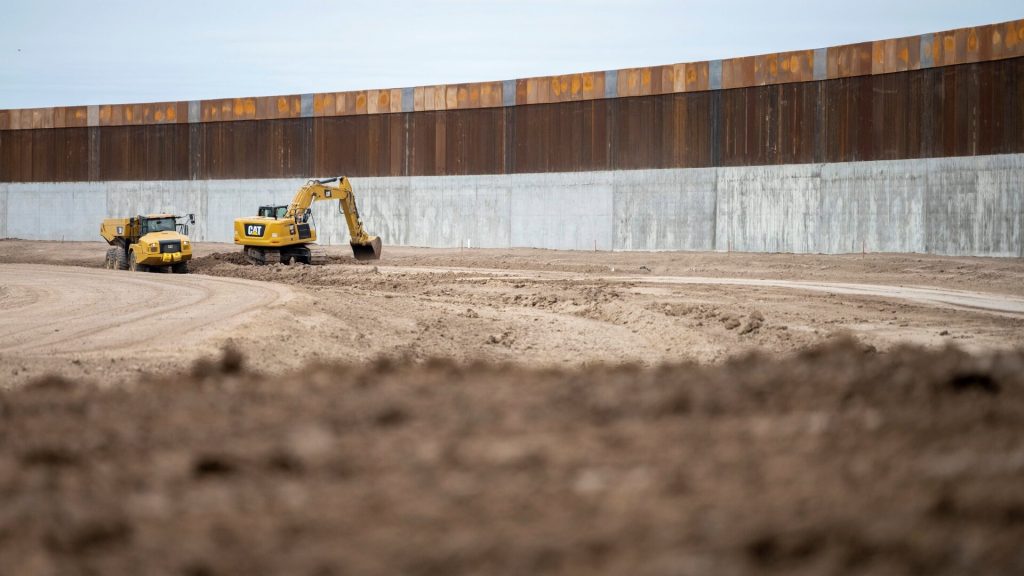
During an appearance on Fox News, Patrick noted that the SCOTUS will decide whether to allow Senate Bill 4 to take effect or extend the pause.
An “Invasion” by Land, Sea and Air
Patrick described the situation as “literally millions coming across the border, many armed, many criminals, terrorists.”
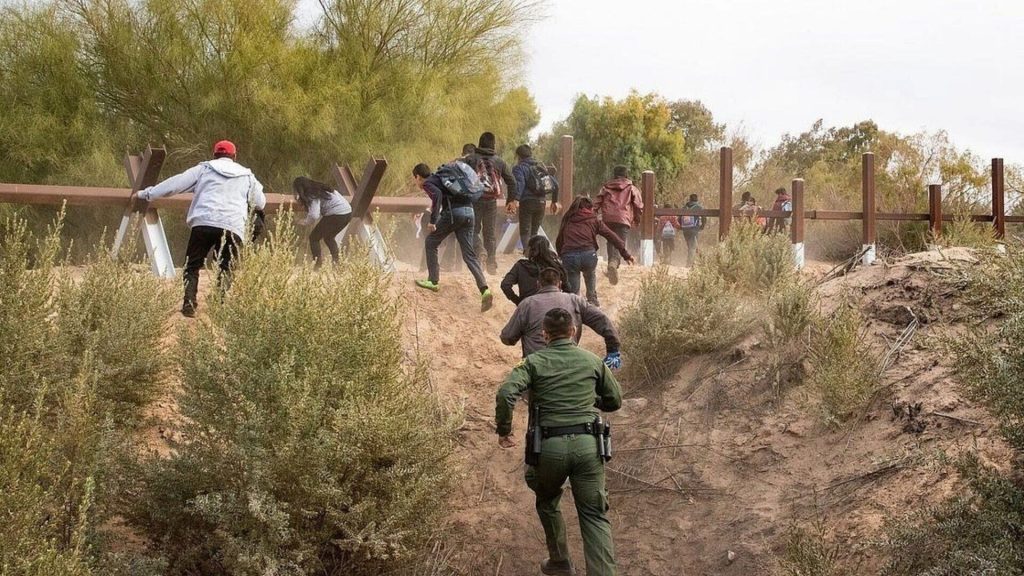
He added that boats of immigrants have been traveling to Florida, and Texas has noticed a rise in drones “spying on us, to help send drugs and illegal immigrants across the border.” “So, by land, sea, air, I call that an invasion,” Patrick said.
S.B.4 Would Give a Green Light for Enforcement
If allowed to take effect, S.B. 4 would permit local and state law enforcement to arrest, detain and remove those suspected of entering Texas illegally.
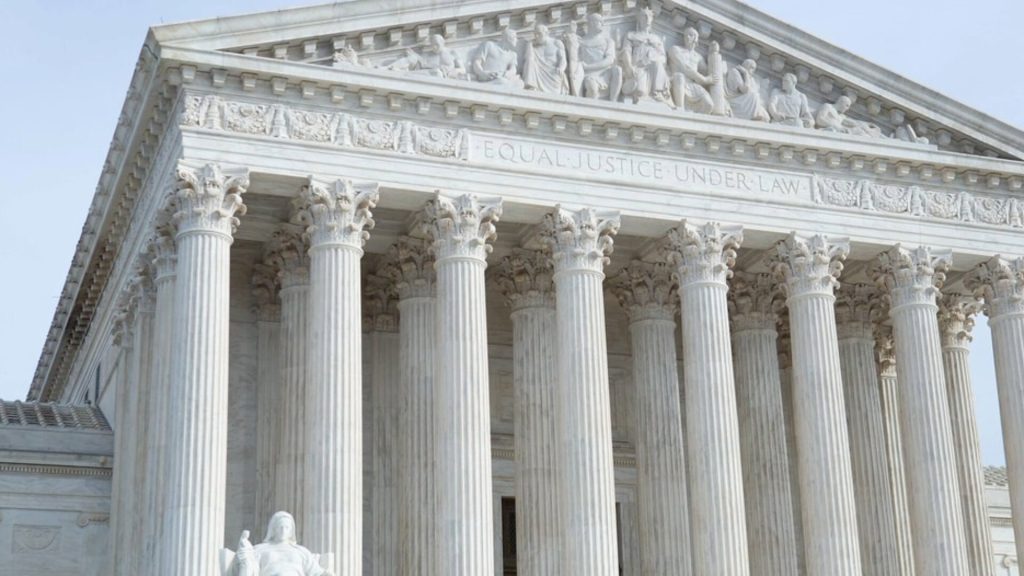
A judge previously blocked the law following criticism, but Texas officials vow to appeal. “Texas will immediately appeal this decision, and we will not back down in our fight to protect our state-and our nation-from President Biden’s border crisis,” said Gov. Abbott.
The President Has a Responsibility to Uphold the Law
Abbott argued that the President has a “constitutional duty to enforce federal laws protecting States, including laws already on the books that mandate the detention of illegal immigrants.”
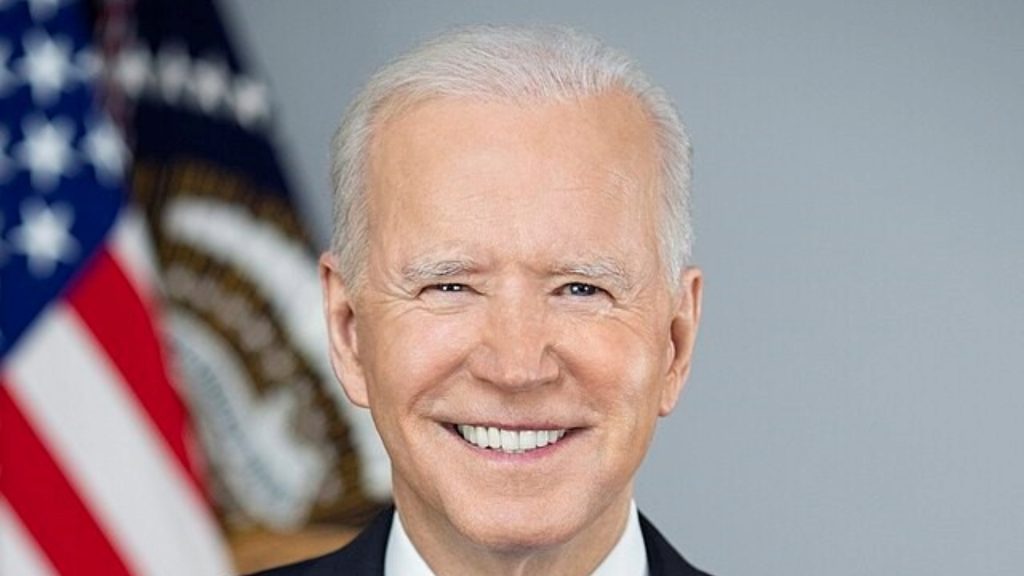
“Under the Supremacy Clause of the Constitution and longstanding Supreme Court precedent, states cannot adopt immigration laws that interfere with the framework enacted by Congress,” the DOJ said.
The Southern Border is An Ongoing Border Debate
The situation highlights the ongoing debate over border security and immigration policy.
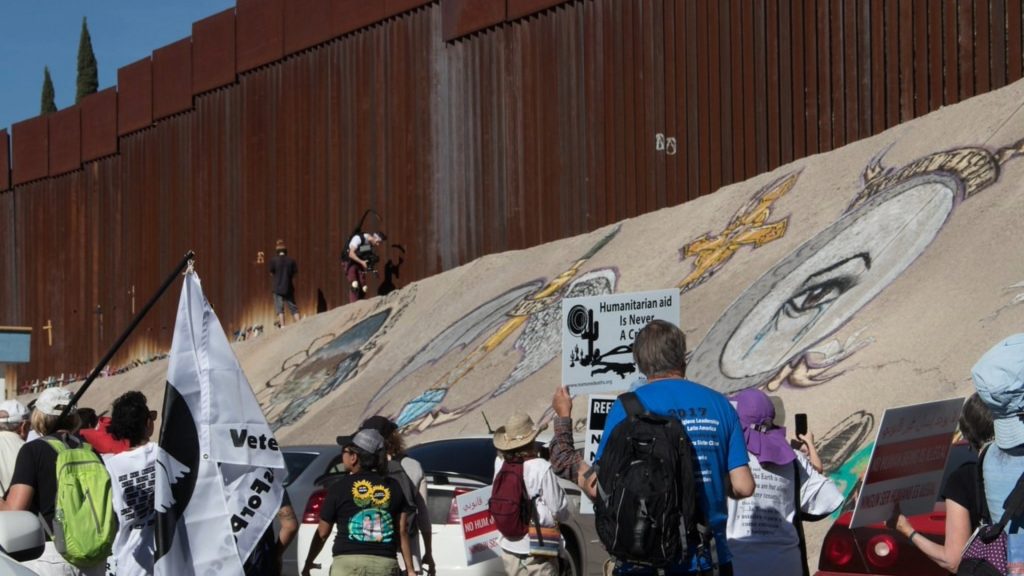
Texas officials have repeatedly criticized the Biden administration’s handling of the border, while the administration argues that immigration surges do not constitute an “invasion.”
SB4 Key Provisions
SB4 has three main provisions:
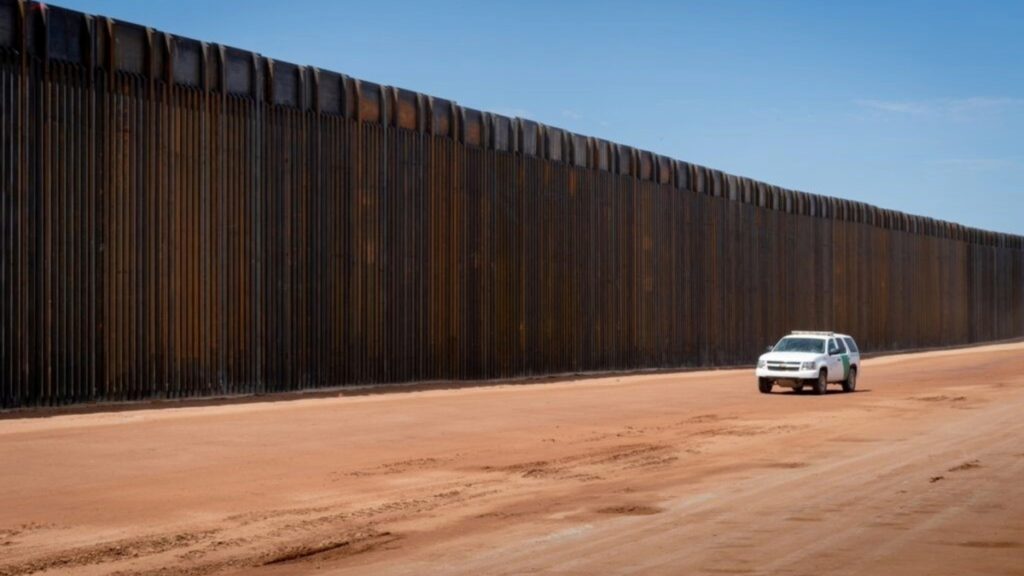
It bans “sanctuary city” policies prohibiting local officials from inquiring about a person’s immigration status or cooperating with federal authorities.
It allows local police officers to question a person’s immigration status during a lawful detention, like a traffic stop.
It requires local governments and law enforcement agencies to comply with immigration detainer requests from Immigration and Customs Enforcement (ICE).
Ongoing Legal Challenges
SB4 immediately faced legal challenges, with several cities and advocacy groups filing lawsuits. A federal judge blocked parts of the law in 2017, but the 5th U.S.
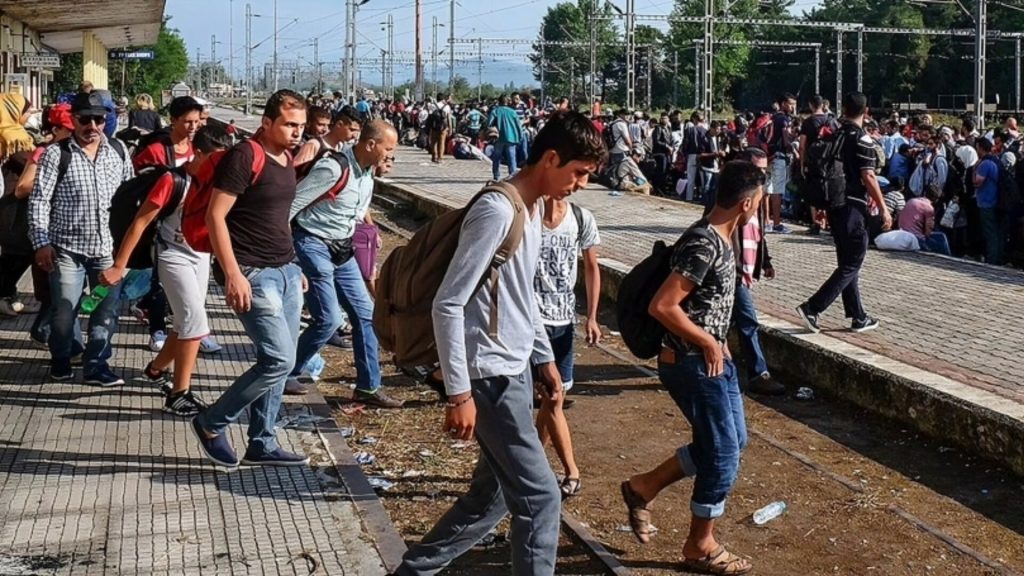
Circuit Court of Appeals upheld most of it in 2018. However, the law remains controversial, and the courts still face ongoing legal challenges.
A Complex Issue With Valid Arguments
SB4 is a complex issue with valid arguments on both sides. While immigration enforcement is important, SB4 raises serious concerns over civil rights and community trust in law enforcement.
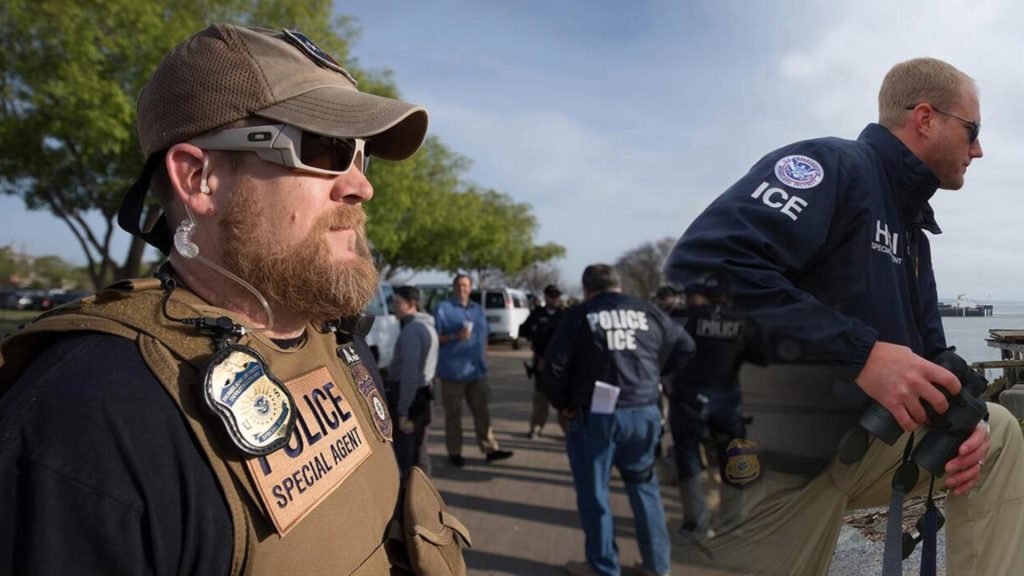
There are no easy answers, but open dialogue and understanding different perspectives can help find common ground.
Court Set To Decide
On Monday, the Supreme Court will decide whether to continue blocking S.B. 4. A judge halted the law, calling surges in immigration not an “invasion” and saying Texas isn’t at war by enforcing the policy.
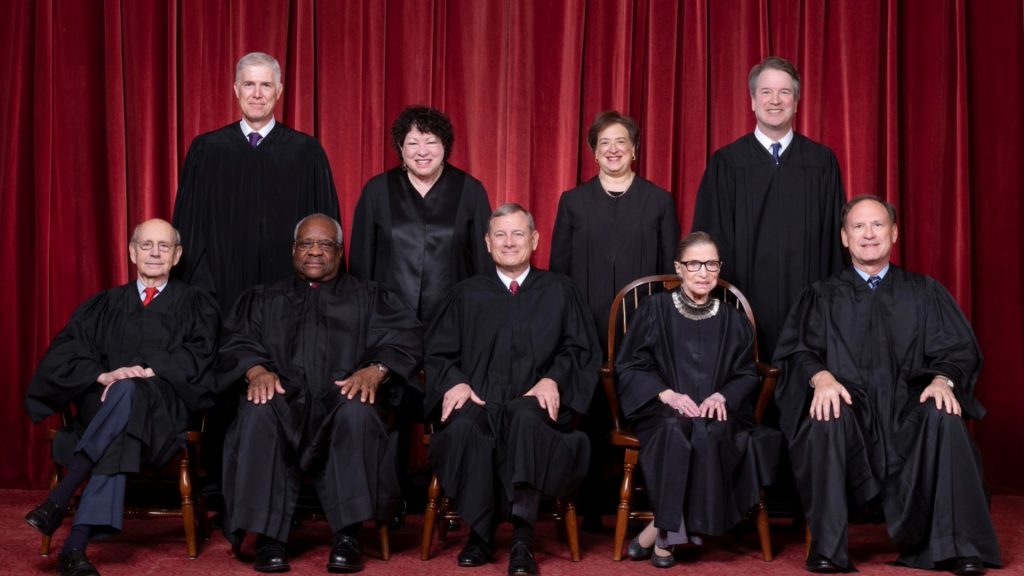
The Justice Department sued, saying S.B. 4 violates the Constitution and federal law. But Abbott vowed to appeal, saying, “Texas will not back down in our fight to protect our state-and our nation-from President Biden’s border crisis.”
Texas Vows to Keep Fighting Biden on Border Policy
Texas officials are determined to continue challenging President Biden on his immigration policies and push back against what they call his “border crisis.”
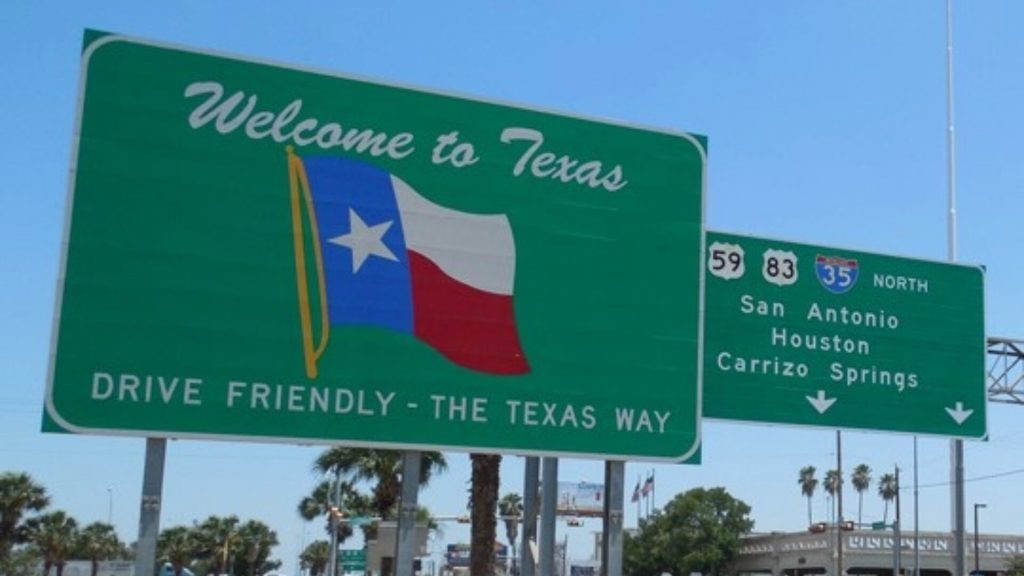
Lieutenant Governor Dan Patrick has appealed directly to the Supreme Court, calling the situation at the border “an invasion.”
SCOTUS Has Final Say on Fate of SB4
The Supreme Court has the final say on whether Senate Bill 4 will go into effect. SB4 would allow local and state law enforcement to arrest and detain individuals suspected of entering Texas illegally.
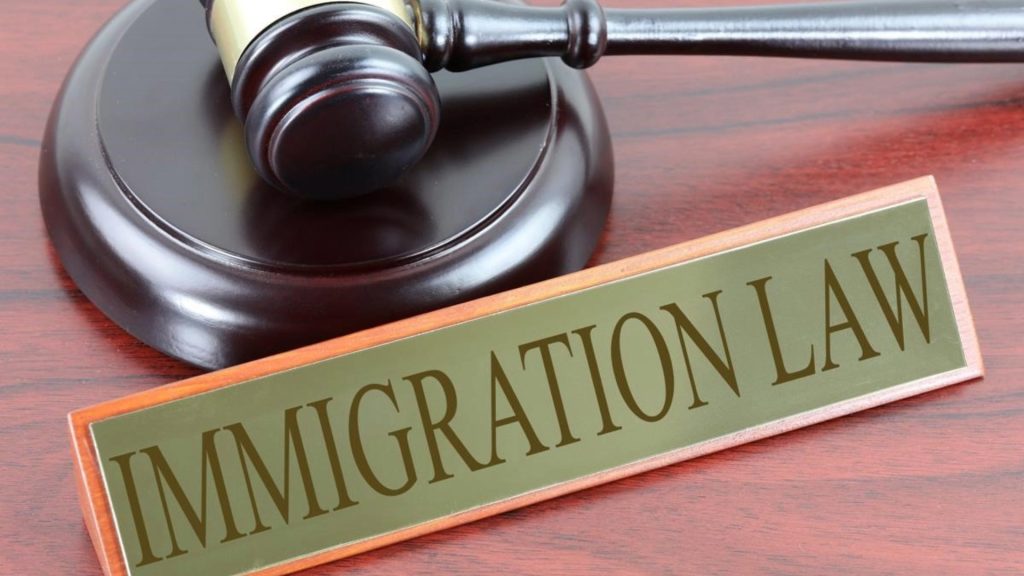
If the Supreme Court rules in favor of Texas officials today, the pause placed on SB4 by U.S. District Judge David Ezra will be lifted.
Ruling Against Texas Keeps Pause in Place
Should the Supreme Court rule against Texas, the pause on SB4 will remain, blocking the bill from becoming law.
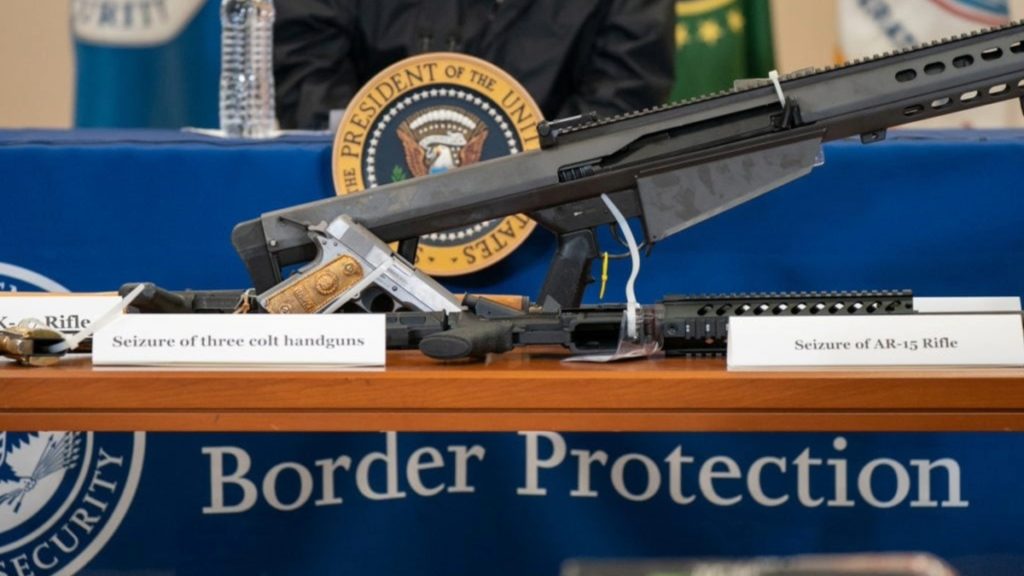
The Department of Justice has also filed a lawsuit against SB4, claiming it interferes with federal immigration laws. Texas officials remain defiant, with Gov. Abbott vowing to appeal any ruling against the bill.
Biden Administration Sues to Block “Unconstitutional” Law
The Biden administration has filed a lawsuit against Senate Bill 4 (S.B. 4) in Texas, calling the legislation “unconstitutional.”
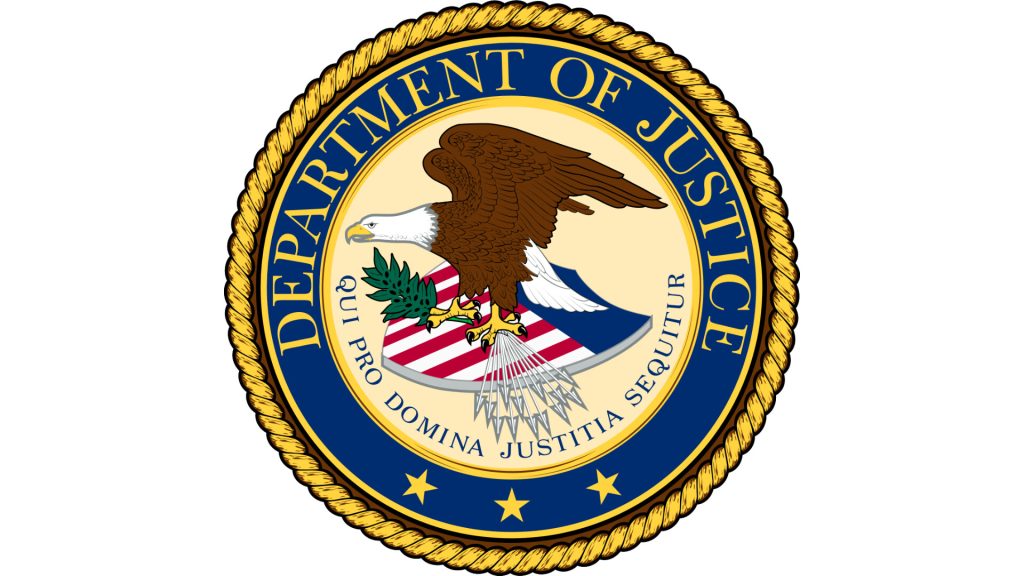
According to the Department of Justice, the law violates the Supremacy Clause of the U.S. Constitution by interfering with the framework put in place by Congress regarding immigration.
Abbott Blasts White House for “Border Crisis”
Abbott joins other Texas officials like Lieutenant Governor Dan Patrick in criticizing Biden’s handling of the U.S.-Mexico border.
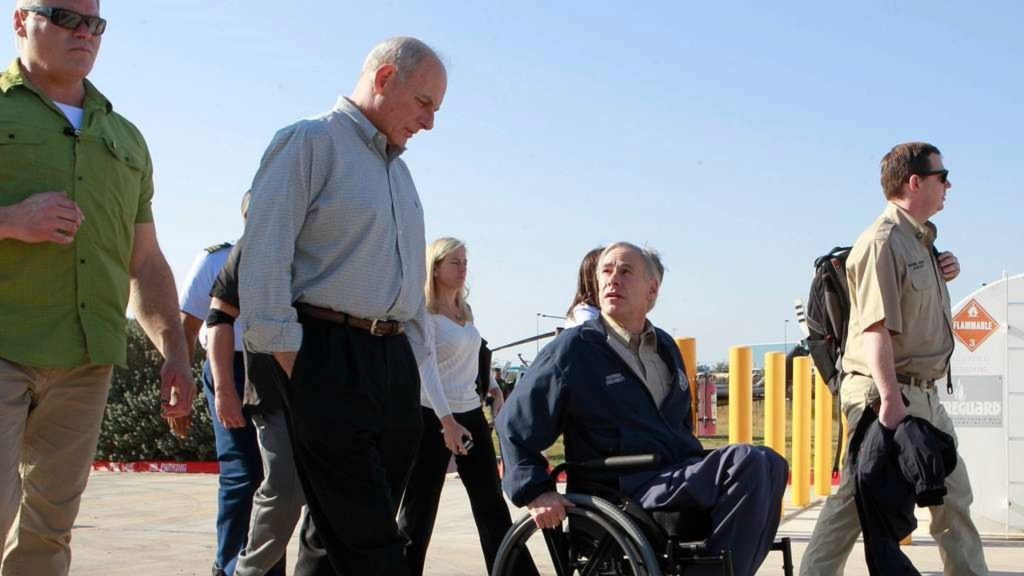
He pointed to increases in border crossings, as well as the use of drones and boats to transport drugs and smuggle people into the state.





